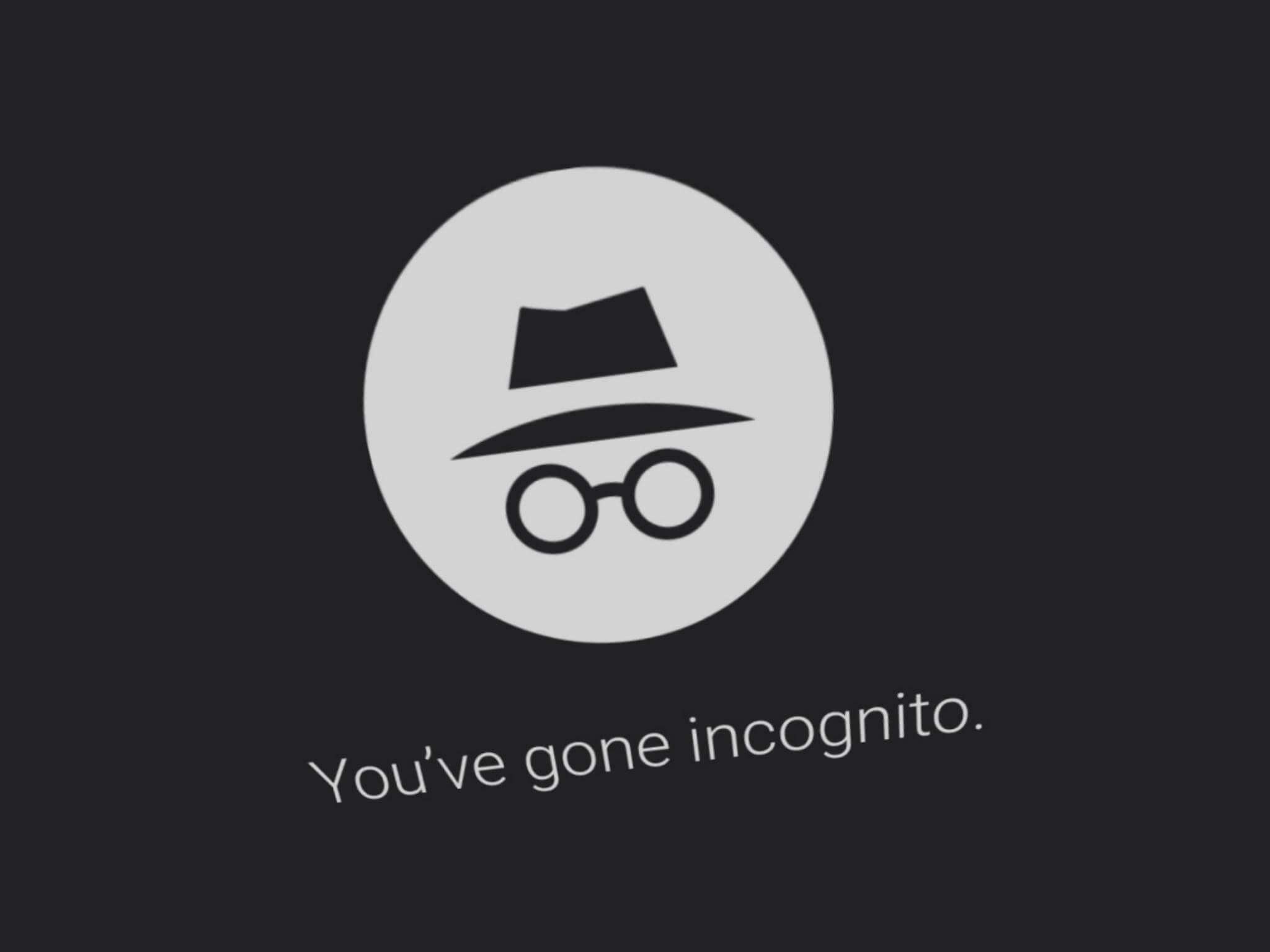In brief: While Chrome's incognito mode prevents other users from seeing what you've been up to on a device, websites are still able to detect when the mode is activated. But Google will be closing this "loophole" with the release of Chrome 76 at the end of the month.
The tech giant explained that some websites can tell if a person is browsing in Chrome incognito mode by checking for the presence of Chrome's FileSystem API (Application Programming Interface), which is disabled to avoid leaving traces of any activity on a device. Should the sites receive an error message, this indicates a private session is taking place.
Google said the FileSystem API would be modified in Chrome 76 so that the sites trying to detect it will no longer receive the error message. The latest version of Chrome's browser is set for release on July 30.
We first heard reports that Google was looking to implement this solution back in February.
"Chrome will likewise work to remedy any other current or future means of Incognito Mode detection," the company wrote.
One effect of the change is that sites using metered paywalls---as in, those that let people read a certain number of articles before requiring they subscribe---will no longer be able to detect if incognito mode is being used to dodge this policy. Google suggests publishers avoid "reactive measures" in response to the change. It instead advises requiring free registration for all content, offering more "generous" free allowances, or hardening their paywalls.
Yesterday brought news that researchers had found 93 percent of the 22,484 porn sites they analyzed leaked data to third parties. The authors added that using incognito mode did not stop online trackers from recording a user's porn-viewing habits.
